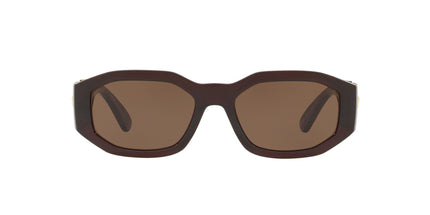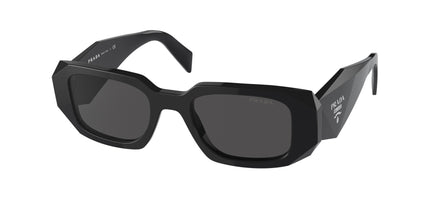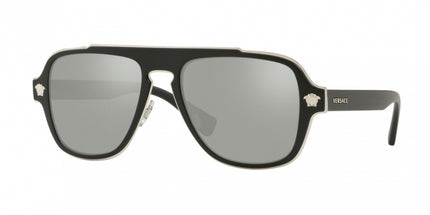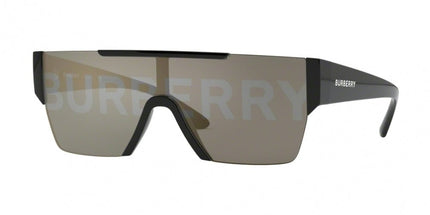When Is the Best Time to Wear Prescription Sunglasses?
 If you're new to the world of prescription sunglasses, you might be wondering when is the best time to wear them. The answer depends on a few factors, including the severity of your vision impairment and the level of light outdoors. That said, there are a few general scenarios when prescription sunglasses can offer significant benefits. Let's take a closer look at each one.
If you're new to the world of prescription sunglasses, you might be wondering when is the best time to wear them. The answer depends on a few factors, including the severity of your vision impairment and the level of light outdoors. That said, there are a few general scenarios when prescription sunglasses can offer significant benefits. Let's take a closer look at each one.
When Outdoors for an Extended Period of Time
If you're going to be outside for an extended period of time, it's always best to err on the side of caution and put on your sunglasses. This is especially true if you're going to be near water, snow, or sand, as these surfaces reflect a significant amount of UV radiation. Overexposure to UV rays can cause several problems, including cataracts, macular degeneration, and skin cancer around the eyes.
Of course, there are exceptions to this rule. For instance, on cloudy days or in the early morning hours, the sun's UV rays are not as strong, so you may not need to wear prescription sunglasses. Likewise, if you're spending most of your time in the shade — under an umbrella at the beach or beneath the canopy of trees while hiking you can probably get away with not wearing sunglasses.
When Driving
Another great time to wear your Prescription Sunglasses is when driving. Wearing prescription sunnies when behind the wheel has many benefits. First, they protect your eyes from the UV rays. Second, they can help reduce eye fatigue, making it easier to stay focused on the task at hand. Third, they help reduce glare, making it easier to see the road. Finally, they can protect your eyes from wind and dust, making for a more comfortable journey.
When You Have a Migraine
If you suffer from migraines, you might find that wearing prescription sunglasses can help alleviate some of the symptoms. The sun can trigger migraines, so wearing sunglasses can help reduce the chances of getting a migraine.
At Festivals or Concerts Where There Are Lasers or Strobe Lights
While the sun is the most obvious source of damaging UV rays, artificial lights can also be hazardous. For example, laser lights can cause serious eye damage. Similarly, strobe lights can trigger migraines. Therefore, if you plan on attending any events that feature these lights, it's important to wear prescription sunglasses to protect your eyes.
When at the Beach or Pool
There's nothing worse than squinting in the bright sun while trying to enjoy the view. Wearing sunglasses can help you take in all the beauty without hurting your eyes.
Anytime You Take Medications That Cause Light Sensitivity
If you take any medication that lists "photosensitivity" as a side effect, you should definitely wear sunglasses when outdoors and avoid prolonged exposure to sunlight and other bright light sources. In addition, if you have had any recent eye surgeries, your doctor may recommend wearing sunglasses to protect your eyes from the sun's harmful UV rays.
These are just a few times when wearing prescription sunglasses can offer significant benefits. But, ultimately, the best time to wear prescription sunglasses is when it's necessary to do so in order to see comfortably and safely.Don't forget that prescription sunglasses aren't your only option for eye protection. If you prefer to wear your regular glasses, you can also invest in fitover sunglasses that easily slip over your prescription frames.








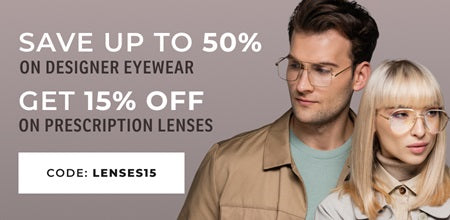




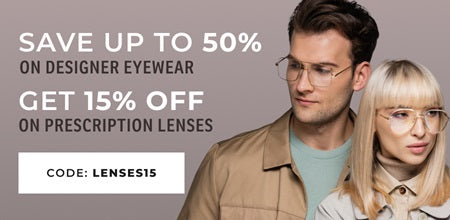

 Back to Blog Page
Back to Blog Page




